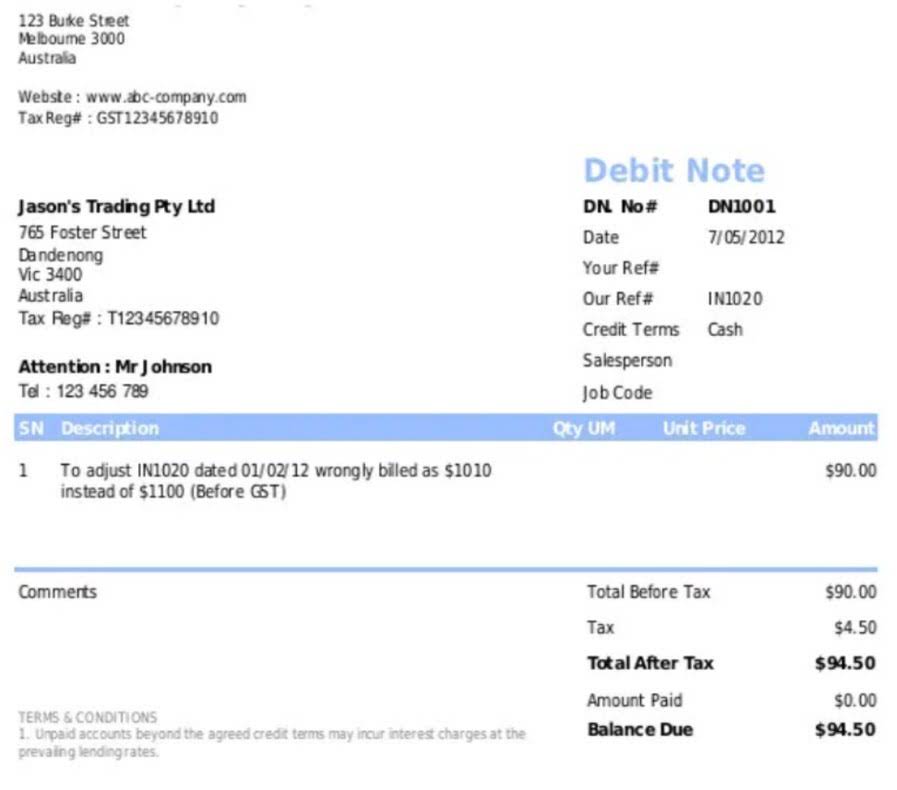
Alternatively, if you want someone to share the workload with you, consider hiring a remote HOA management company. I’m not sure what you mean by ‘Insurance Escrow Expense’ and ‘Insurance Escrow Reserve’. Along with the steps my colleague has provided above, I recommend consulting with your accounting professional for this one.
- Managing depreciation can feel overwhelming for inexperienced accountants and bookkeepers.
- Understanding what a reserve fund is can be tricky if you’re just starting off as a property or community association manager (CAM).
- The accounts payable report shows unpaid expenses and tells the homeowners association what expenditure obligations happened within the month.
- This money can also be used for expected or anticipated repairs, such as re-shingling an old roof.
- However, community association managers must know their state’s laws to create, maintain, and spend this fund properly.
- In Ohio, for example, reserve contributions must amount to at least 10% of the association’s annual budget.
- Fund accounting will provide data for reporting that enables boards to comply with Civil Code and review operating revenues and expenses versus budget, and to review operating and reserves statements.
What Are HOA Reserve Funds?
If you want to have a prosperous and successful association, master these aspects of accounting. With a comprehensive understanding of how inflation, funding goals, and other factors impact your plan, you can craft a strategy that ensures your association sails smoothly through future financial storms. Baseline funding aims to keep the reserve fund above a $0 balance at the end of the item’s lifespan. The dues you collect are income, all of them for that period, and they are deposited in a bank account.
Request Information about our Company.
So for example, our Dues account for $94,000 of our total income and Reserves account for $6,000, making the entire budget $100,000. Note that we are currently in “save” mode and are not using our Reserves; we are putting all Reserves into the Reserve fund. Later in the Balance Sheet, $6,000 of Reserves are taken out as Expense. There is a long-standing debate as to what percentage of the replacement cost should be funded by the Reserve Contribution.

Fully Funded vs Partial Funding
It is important to maintain transparency of any transfers between funds by recording the activity in each fund and presenting the transfers on the face of financial statements. In our opinion, transfers are effectively a budget change and board authorization should be documented in board meeting minutes. Your reserve’s starting balance can spell the difference between smooth sailing and choppy waters.
It’s important for the homeowners association to retain final authorization over replacement and transactions. The accounts payable report shows unpaid expenses and tells the homeowners association what expenditure hoa reserve accounting journal entry obligations happened within the month. The account delinquency report shows the accounts receivable and a list of the members who are not current on their obligations, like late fees and legal fees.
Tips for Recording Reserve Transactions
- Units of production depreciation will change monthly, since it’s based on machine or equipment usage.
- These types of projects that don’t fall under ‘capital improvement’ typically use HOA reserve funds.
- HOAs must hold reserve funds in separate accounts from operating funds and other amounts that the association collects.
- The community manager should go over invoices to make sure they’re accurate and they should approve invoiced work before payment.
- Others budget for the renovation or repair of property items rather than complete replacement to keep costs down.
- Often, governing documents contain information on when an HOA should keep in reserves.
A reserve fund is your community’s way to plan and prepare for the inevitable repairs and updates you know will happen, such as replacing a shared roof or resurfacing common roads and driveways. An up-to-date reserve fund is critical to the financial management of a community and is required by law in most states. Understanding reserve fund accounting is just one of many responsibilities given to HOA boards as they fulfill their roles in leading the community. An HOA manager can be invaluable in ensuring that association funds are handled correctly. To conduct a reserve fund study, an HOA can hire an outside firm to come in and inspect the property to determine what’s going to need fixing and upgrading in the near, and even distant, future.
Benefits of Well-Funded HOA Reserves
However, most accounting systems allow the separation of activities via separate account codes. This article provides certain tips to aid in the correct coding of transactions and the correct presentation of financial information. Reserve fund management is crucial if you want to protect your community’s money. Self-managed HOAs often lack the financial expertise and experience to handle these kinds of matters. HOA’s who want to ensure their financial health should consider working with an HOA accounting and management company.
Can Reserve Fund Money Be Invested?

Reserve studies should be conducted by a professional every 3 to 5 years. There are many factors that affect the lifespan of your assets, so make sure the reserve study is updated before making any financial decisions. This report, also called the check register, shows board members the HOA’s written checks. If you know the amount when you deposit the funds, you can assign the Reserve equity account to the deposit. If they were recorded as something else when deposited, they can be moved with a journal entry.